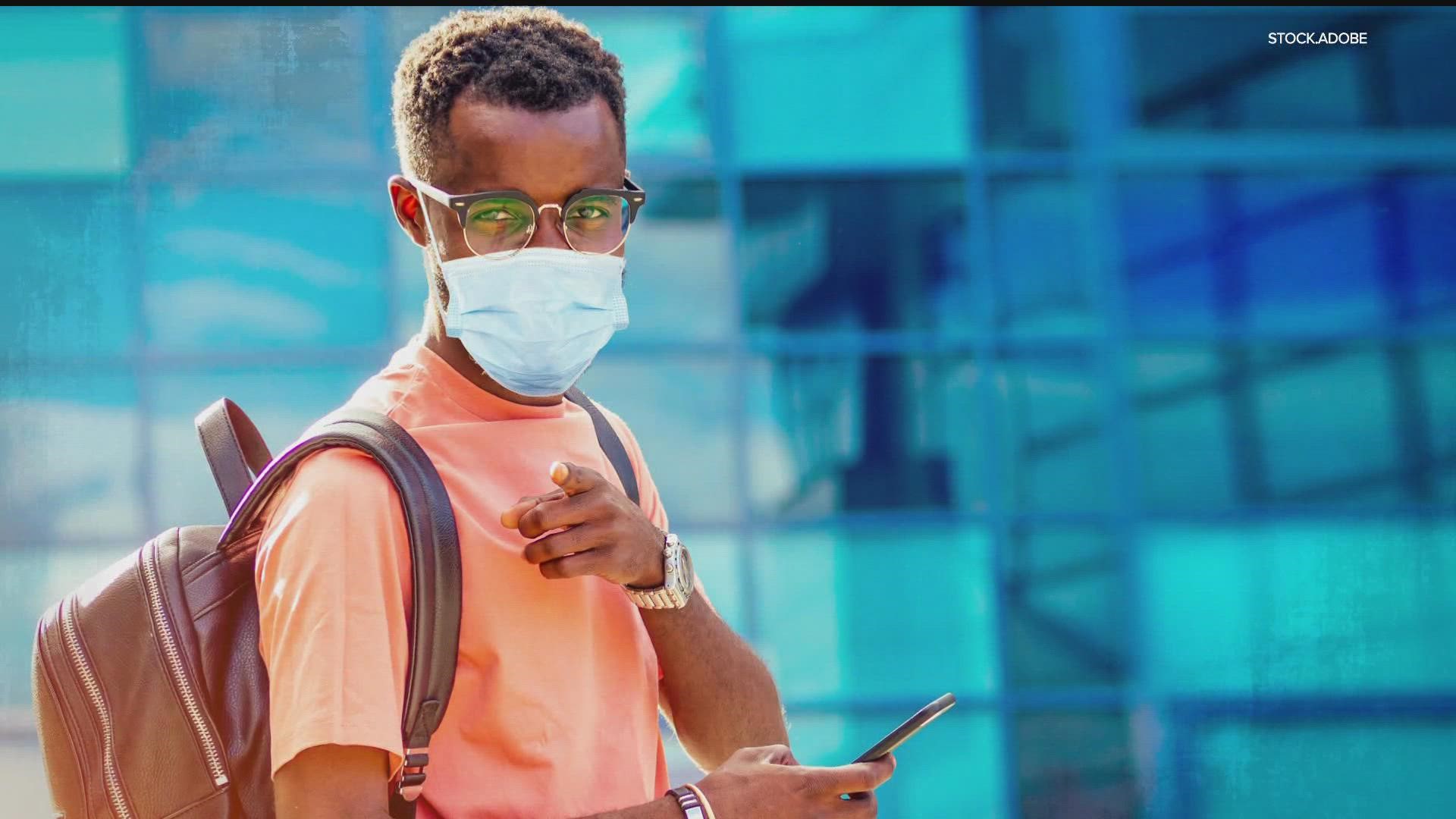MINNEAPOLIS — When it comes to masking — things can get heated.
We've seen it play out time after time, in stores, on airplanes and even in our reporting.
In 2020 our Lou Raguse was out reporting on COVID restrictions when he was surrounded by angered people taunting him for wearing a mask.
So why does masking create such a reaction?
"It's called 'reactance.'"
Jhon Wlaschin is a social psychologist, and reactance is shorthand for the term "psychological reactance" — a person's instant desire to regain a freedom they believe has been taken, or threatened to be taken.
Social psychologist Piercarlo Valdesolo describes it like this:
"In general, people don't like to be told what to do. The negative response that you experience when you feel like your liberty is being threatened in any way is called 'psychological reactance.'"
And in its simplest explanation: Adults don't like being told what to do.
"This is really what affects a lot of people," said Wlaschin. "They do not like being told what to do. They want to feel like they are intelligent enough to make their own decisions."
Which, over the pandemic became less clear, as rules started to vary from state to state, city to city and school to school.
Another factor that was also inserted very early was politicization of COVID, and with that, masks.
"It's become politicized — a symbol of political identity — and once it gets wrapped up in that, now you are tapping into a whole other set of negative emotions related to us versus them — in group, versus out group — that just exacerbates the problem," said Valdesolo.
Beyond the thousands of extreme examples we saw on video, there were thousands more playing out interpersonally, both in-person and online.
"I think at the bottom line, it's just a very salient thing that shows a kind of a position that people are taking, right?" said Wlaschin.
"It's the disagreement over what the costs are and what the benefits are," Valdesolo added.
And that fundamental disagreement today, according to Valdesolo, explains the emotions.
"But anyone would respond similarly if you felt that you are being made to do something that is costly with no benefit, or, other people aren't doing something that has lots of benefits but no cost," he said.
Watch more Breaking The News:
Watch all of the latest stories from Breaking The News in our YouTube playlist:

